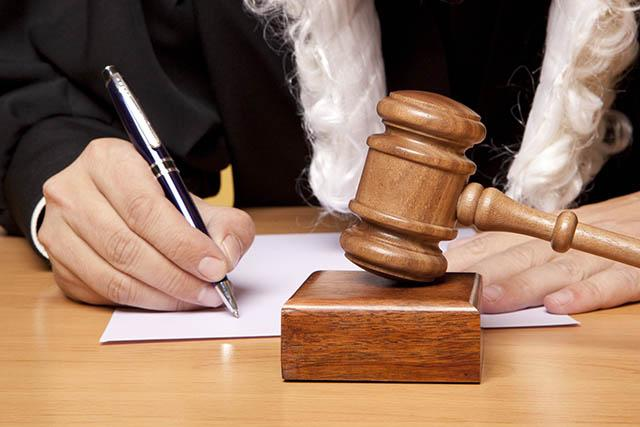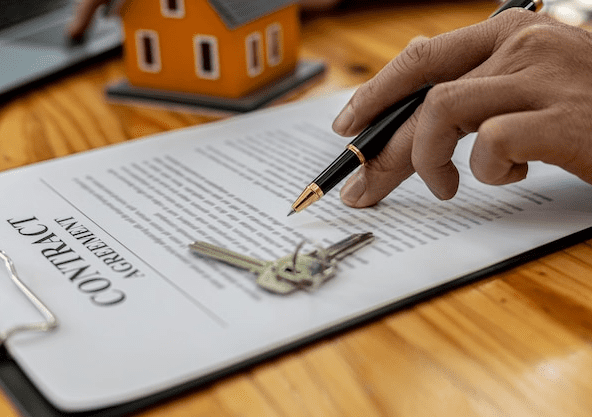You can sue a property developer in Thailand — both Thai and foreign buyers have the legal right to file a lawsuit if a developer breaches a contract or violates consumer protection laws. However, the process can be time-consuming, so it’s essential to understand your rights, the types of claims you can make, and the legal system involved.
⚖️ Common Reasons to Sue a Developer
| Legal Issue | Example Scenario |
|---|---|
| 🏗️ Breach of contract | Developer fails to complete the property as promised |
| 🕒 Project delay | Construction delayed far beyond the promised delivery date |
| 🧾 Misrepresentation | Marketing or promises don’t match the finished product |
| 🧱 Structural defects | Poor construction quality or safety issues |
| 🔒 No transfer of ownership | Developer refuses or delays transfer after full payment |
| 💸 Unlawful deposit retention | Booking or down payment not refunded despite valid reasons |
🛡️ Legal Protection for Buyers
Thailand has multiple legal frameworks that protect real estate buyers:
| Law / Body | What It Covers |
|---|---|
| Consumer Protection Board | Advertising fraud and unfair business practices |
| Civil and Commercial Code | Breach of contract and damages |
| Condominium Act | Condo-related sales and ownership rights |
| Escrow Act (for some projects) | Ensures payments are safeguarded during construction |
| Consumer Case Procedures Act | Allows fast-track lawsuits for consumer-related disputes |
🏛️ Where to File a Lawsuit
| Court / Authority | Use When… |
|---|---|
| Consumer Court | You’re a buyer with a grievance against a company or developer |
| Civil Court | For breach of contract or compensation claims |
| Administrative Court | When suing a government agency involved in the project |
| Mediation / Arbitration | Some contracts require alternative dispute resolution first |
📌 Most consumer disputes go to the Consumer Protection Court, which has simplified procedures and lower fees.
🔁 Process Overview
- Gather evidence (contracts, payments, messages, photos)
- Consult a Thai lawyer (essential for court proceedings)
- Send a legal notice to the developer (demand letter)
- Try mediation (optional but often encouraged by the court)
- File a lawsuit (in Thai court or per contract terms)
- Court judgment or settlement
⚠️ Important Considerations
- All documents must be in Thai, or translated and certified.
- Court fees vary but are based on the value of your claim.
- It may take several months to 1–2 years for final judgment.
- If the developer is bankrupt or has no assets, collecting damages can be difficult.
💼 Real-World Example
A foreign buyer sued a developer in Pattaya after a condo unit was delivered with major defects and unfinished common areas. The court ruled in favor of the buyer, awarding partial refund and damages. However, the developer delayed payment, requiring additional enforcement steps.
✅ Final Advice
| Do This | Why It Matters |
|---|---|
| ✔ Hire a Thai property lawyer | Legal procedures are in Thai and complex |
| ✔ Check if your contract allows mediation/arbitration | May be required before court |
| ✔ File early – don’t wait too long | Legal claims may be time-limited |
| ✔ Join with other buyers if possible | Strength in numbers and shared costs |




